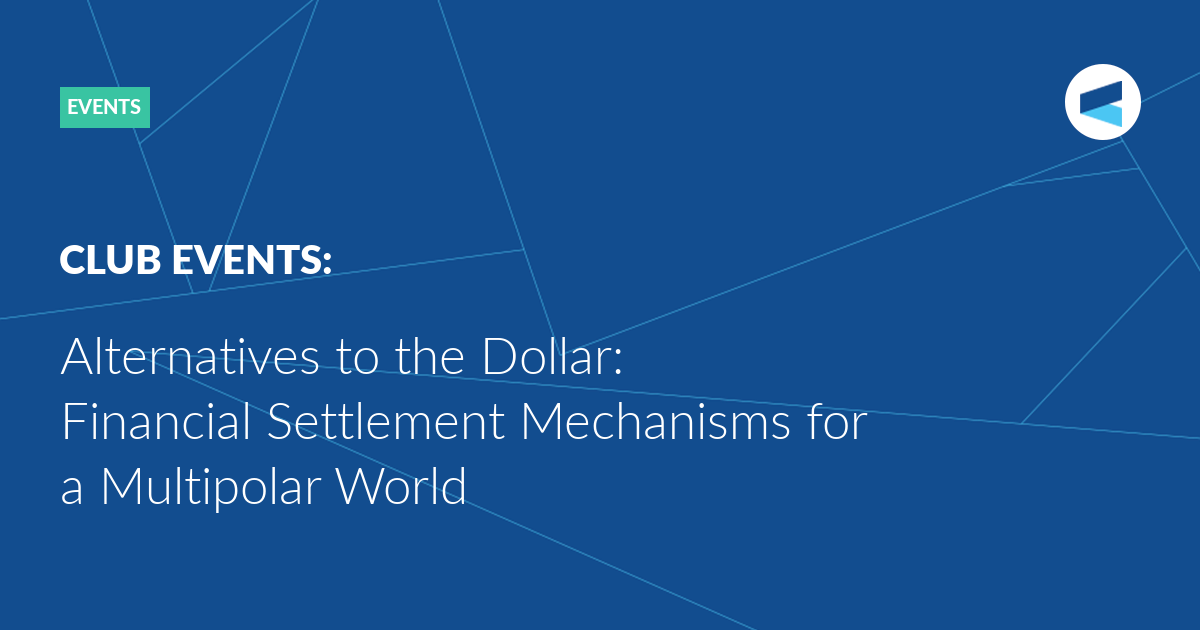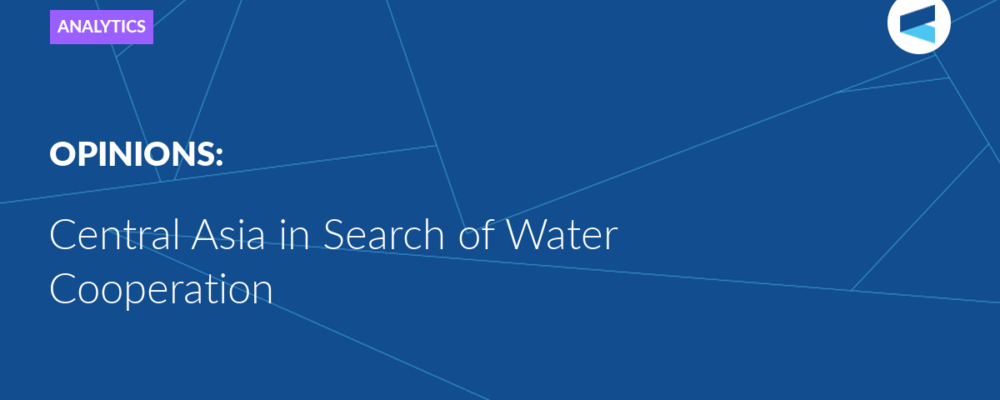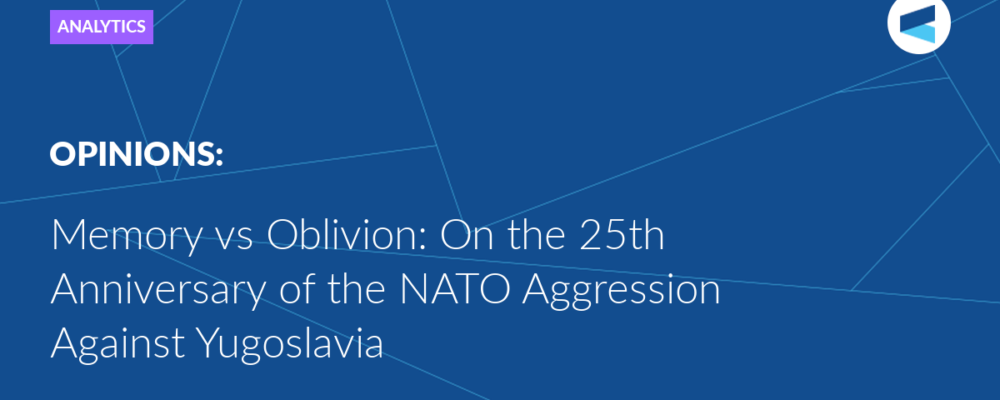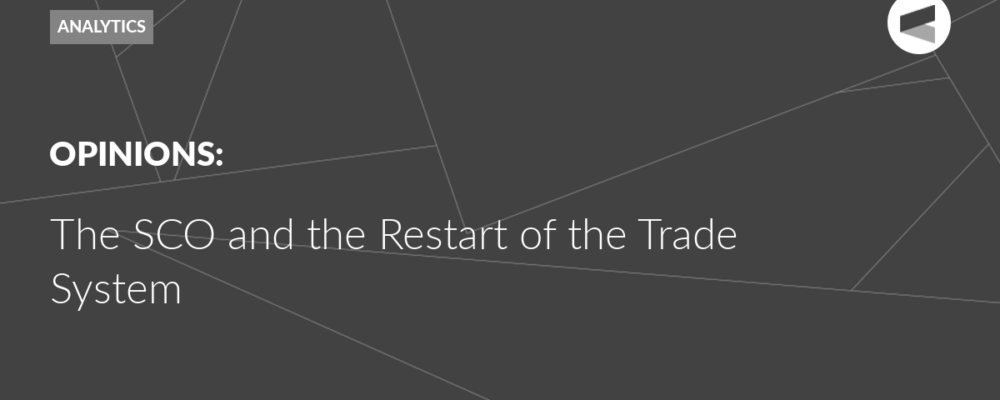ROn March 18, 2024, the Valdai Club hosted and expert discussion dedicated to financial settlements within the BRICS. Moderator Ivan Timofeev recalled that, according to the final declaration of the 2023 BRICS summit, the relevant departments of the member countries had to work out possible mechanisms for financial settlements. The talk was about creating a system that was not hostile to the West, but functional and protected from politicisation by third countries. The results achieved to date, in the form of ideas and projects, are planned to be presented at the summit in Kazan.
The world understands that the unipolar financial system centred around the US dollar does not function properly, Paulo Nogueira Batista Jr., Vice President of the New Development Bank (NDB) (2015-2017), and Executive Director at the IMF (2007-2015), noted during the discussion. The dollar’s position is undermined by a number of factors. These include both problems in the American economy and Washington’s use of the dollar as a weapon, particularly against Russia and Iran. At the same time, geopolitical changes play a significant role. The world is moving towards multipolarity, and this requires a multipolar financial system. The question is whether BRICS can offer it. “It is probably too early to say that we can fundamentally change the situation, but we need to move forward with concrete measures. This is one of the key tasks for the period of Russia’s chairmanship in BRICS,” the economist said. He considers possible steps in this direction to be the creation of a common currency basket under the code name R5, the development of a payment and settlement system to replace SWIFT, and the development of settlements in national currencies.
John Gong, Vice-President for Research and Strategy at the Israeli branch of the University of International Business and Economics, and an expert at the China Forum, outlined the main avenues for finding an alternative to the dollar. First, we are talking about creating a common currency at the level of the New Development Bank. For now, it is difficult to say anything concrete about the prospects of this project, since a number of practical problems have not yet been resolved. Second, in Hong Kong, together with the UAE, an experiment was conducted to create a so-called currency bridge to carry out transactions bypassing the dollar. On this path, according to John Gong, some success has already been achieved. Third, one of the currencies of the member countries, most likely the yuan, may be promoted to the role of an alternative to the dollar, at least within the BRICS framework. The idea of a currency bridge seems to be the most viable option, but the analyst emphasised that there is no need to limit oneself to only one of the areas and it makes sense to develop everything at the same time.
Arvind Gupta, Head and Co-Founder of the Digital India Foundation, noted that the BRICS group is not yet ripe for the introduction of a single currency. Therefore, it may make sense to focus on developing interaction between national payment systems. “We can make sure they are well integrated with each other,” Gupta believes. He called trust an extremely significant factor in this aspect, adding that it will be easier to achieve if development is based on the use of public rather than private digital infrastructure. It is also important that this infrastructure is not controlled by any one country, he argued.
Ibrahim Karsany, Economic Consultant, Dubai Public Policy Research Centre, considers the idea of multipolarity to be internally contradictory and prefers to talk about diversity and diversification to avoid any form of domination. He believes there is support for the system of Western domination in international organisations created after the Second World War, that is, in the system of the Bretton Woods institutions. Accordingly, BRICS needs to develop an alternative to these institutions, and not only in the field of financial settlements. “The BRICS economies must move to a digital basis and become knowledge economies,” Karsany emphasised. – This is the future. Therefore, we need to plan development along this path today.”
The Valdai Discussion Club was established in 2004. It is named after Lake Valdai, which is located close to Veliky Novgorod, where the Club’s first meeting took place.
Please visit the firm link to site






